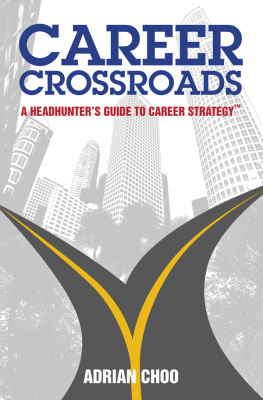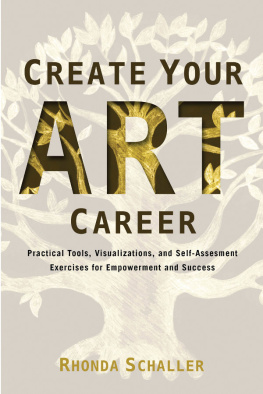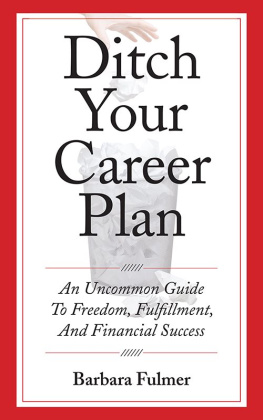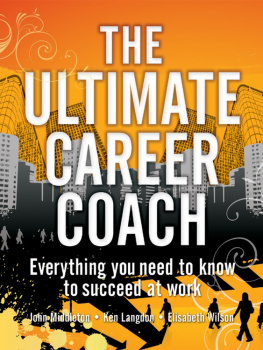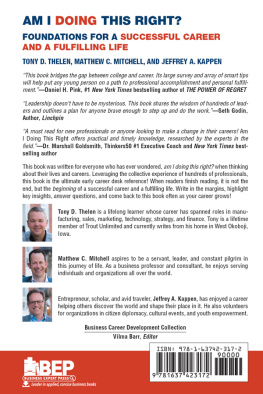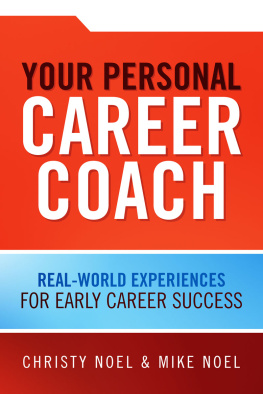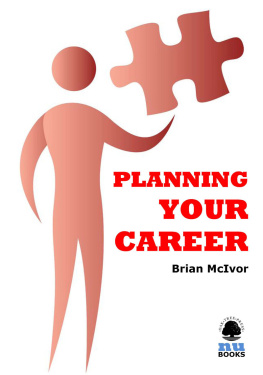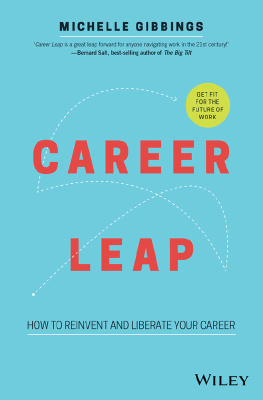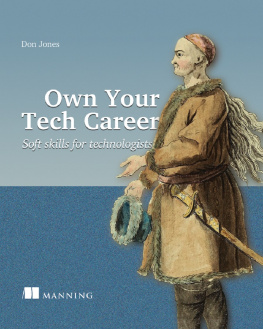
2015 Marshall Cavendish International (Asia) Private Limited
Text 2015 Adrian Choo
Published by Marshall Cavendish Business
An imprint of Marshall Cavendish International
1 New Industrial Road, Singapore 536196
All rights reserved
No part of this publication may be reproduced, stored in a retrieval system or transmitted, in any form or by any means, electronic, mechanical, photocopying, recording or otherwise, without the prior permission of the copyright owner. Requests for permission should be addressed to the Publisher, Marshall Cavendish International (Asia) Private Limited, 1 New Industrial Road, Singapore 536196. Tel: (65) 6213 9300, fax: (65) 6285 4871. E-mail:
The publisher makes no representation or warranties with respect to the contents of this book, and specifically disclaims any implied warranties or merchantability or fitness for any particular purpose, and shall in no event be liable for any loss of profit or any other commercial damage, including but not limited to special, incidental, consequential, or other damages.
Other Marshall Cavendish Offices:
Marshall Cavendish Corporation. 99 White Plains Road, Tarrytown NY 10591-9001, USA Marshall Cavendish International (Thailand) Co Ltd. 253 Asoke, 12th Flr, Sukhumvit 21 Road, Klongtoey Nua, Wattana, Bangkok 10110, Thailand Marshall Cavendish (Malaysia) Sdn Bhd, Times Subang, Lot 46, Subang Hi-Tech Industrial Park, Batu Tiga, 40000 Shah Alam, Selangor Darul Ehsan, Malaysia.
Marshall Cavendish is a trademark of Times Publishing Limited
National Library Board, Singapore Cataloguing-in-Publication Data
Choo, Adrian.
Career Crossroads : A headhunters guide to career strategy / Adrian Choo.
Singapore : Marshall Cavendish Business, [2015]
pages cm
eISBN : 978 981 4634 63 2
1. Career development. 2. Career changes. I. Title.
HF5381
650.14 dc23 OCN899259827
Printed in Singapore by Fabulous Printers Pte Ltd
The Road Not Taken
Two roads diverged in a yellow wood,
And sorry I could not travel both
And be one traveler, long I stood
And looked down one as far as I could
To where it bent in the undergrowth;
Then took the other, as just as fair,
And having perhaps the better claim
Because it was grassy and wanted wear,
Though as for that the passing there
Had worn them really about the same,
And both that morning equally lay
In leaves no step had trodden black.
Oh, I kept the first for another day
Yet knowing how way leads on to way
I doubted if I should ever come back.
I shall be telling this with a sigh
Somewhere ages and ages hence:
Two roads diverged in a wood, and I,
I took the one less traveled by,
And that has made all the difference.
ROBERT FROST (18741963)
Contents
Acknowledgements
This book would not have been possible without the help of family and friends. Firstly, I would like to thank my wife, Ping, for her unwavering support on this project, as well as my children Lucius and Mia, who despite their tender age, have cheered me on all the way.
I am thankful to my good friend, Low Wai Peng, for proofreading the document and making countless suggestions to improve it. I also appreciate the encouragement and wisdom of Andy Naylor and Maelyn Urquhart, the wonderful couple who took the time to critique my early manuscripts, and not forgetting Raymond Chee as well. Special mention goes to Lorraine Chin for her enthusiasm for the project. I also want to thank Khoo Swee Chiow the adventurer, for sharing his own Career Story with us and inspiring all of us to greater heights.
I would also like to thank my publisher, Marshall Cavendish, for their faith in my book, and especially to Mindy Pang, my editor who had to put up with my wanton abuse of the Oxford Comma.
I am blessed that along my career journey, I have met many mentors and friends who have helped me, especially my late mentor, Diana Young for being my greatest teacher and role model. A special thanks too, to my own career mentor, Bill Farrell from Taiwan for his superb advice.
Thanks and God Bless!
Introduction
It was a slow business day in the middle of the great financial crisis in 2008. Banks were on the verge of shutting down, the Dow Jones index was plummeting and the newspapers were awash with photographs of distressed traders.
Nobody was hiring. It had been a slow month for everyone. I was busy playing solitaire on my computer (business was that slow) when my phone suddenly rang.
The call was from Robert, a 46-year-old Information Technology (IT) manager in the manufacturing sector who had just received a retrenchment notice. He had been a loyal employee at his company for the past thirteen years and had recently paid a deposit for a million-dollar sea-facing condominium purchased at a fire-sale price.
Do you have a job for me? Robert asked pensively over the phone. Im making around $16,000 a month but am willing to work for less. Around $15,000 would work for me. I didnt get a retrenchment package so I need the money to support my loans and lifestyle.
I replied that there has been a global headcount freeze for most companies, especially in his industry (which was downsizing to reduce cost) and no one was hiring. Younger IT managers could be hired at a third of his package. Everyone was unsure about how long the recession would last.
Is there anything? Any other job I could do? Robert asked. I cant believe my company fired me. I have been loyal to them, turning down other offers and never returning headhunters calls. At least my HR department has kindly provided me an outplacement service where I can get some advice on how to find a new job. What can I do?
I gave Robert some friendly career advice over coffee and we are still good friends today. He is lucky to have survived the ordeal. But he learnt three important lessons that day.
Lesson #1: In todays economy, no job is guaranteed and no job is truly secure
One client, a Chief Executive Officer of a global technology company, once threw his hands up in exasperation, Why is staff turnover so high in Asia? Does employee loyalty still exist?
I replied, Remember when the dotcom bubble burst in 2000, what did your company do?
We laid people off, he replied.
And during the recession following the September 11 Attacks in 2001? I asked.
We laid people off, he answered sheepishly.
And what did your company do during the Severe Acute Respiratory Syndrome (SARS) outbreak in 2003?
Okay, okayI get the picture. It almost seems unreasonable to expect employee loyalty when employers themselves are sometimes more loyal to their shareholders than to their staff.
Some say that employee loyalty may even have a detrimental effect on your career. A recent article on Forbes headlined: Employees who stay in companies longer than two years get paid 50 percent less. Unless you belong to the top 5 percent of high performing employees in your company, do not expect your company to plan your career for youyou have to take charge and manage it yourself.
Lesson #2: Are your skills and expertise still needed in this job market?
Like your iPhone software, your skills can easily become obsolete and irrelevant without regular updates. Robert did not realise that whatever he could do, a younger technician could probably do it cheaper, faster, and perhaps even a little better. Is your expertise up-to-date? Have you priced yourself out of the market? Can your job be replaced, automated or outsourced?
Next page
